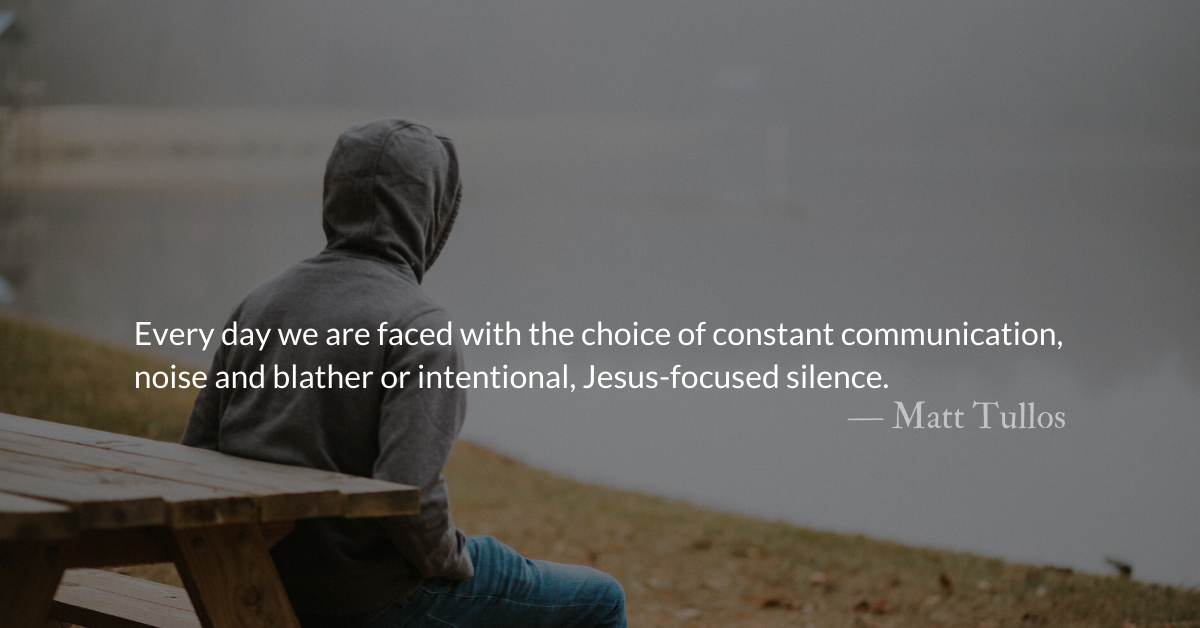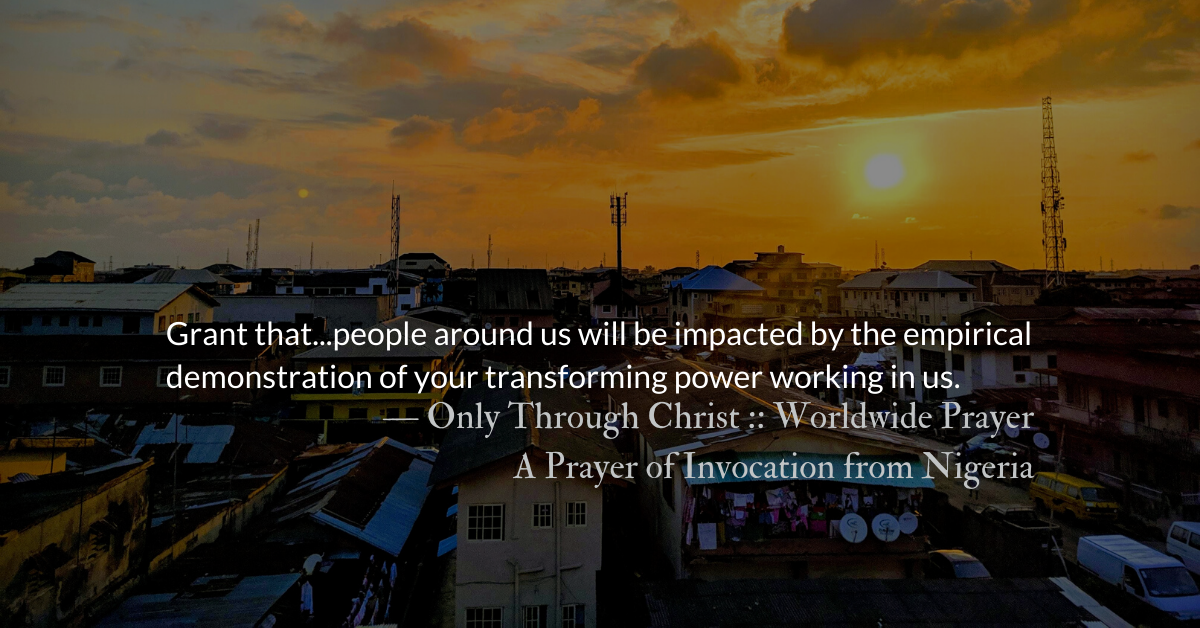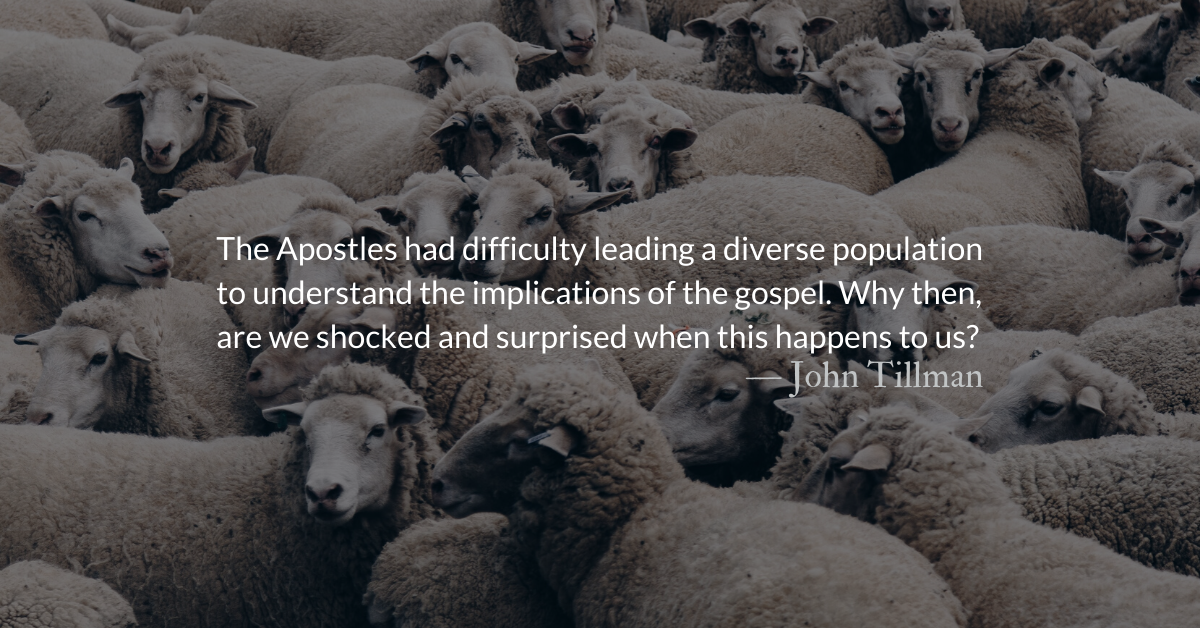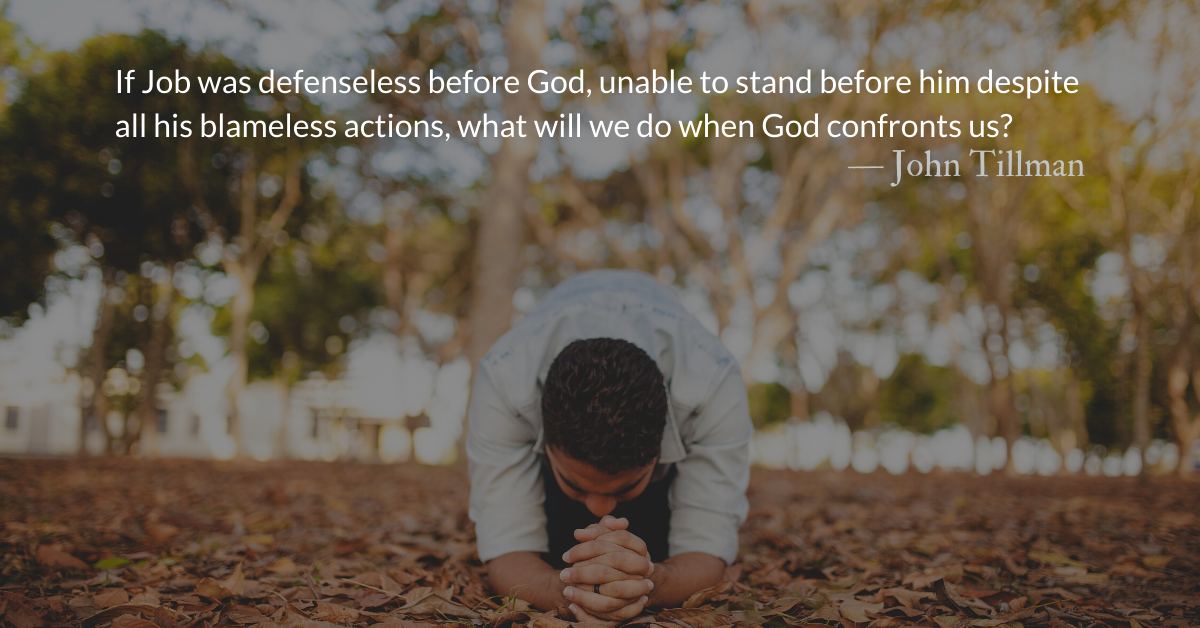Scripture Focus: 2 Corinthians 5.15
And he died for all, that those who live should no longer live for themselves but for him who died for them and was raised again.
Reflection: Spending our Way to Asceticism
By John Tillman
Ascetics are the new cool kids. How do we become ascetics in a Western consumerist culture? Spend more, of course.
People, even non-believers, universally recognize fasting as a marker of spirituality. Fasting is perhaps one of the least understood and most abused spiritual disciplines. Richard Foster said, “Because of the secularization of modern society, ‘fasting’ is usually motivated either by vanity or by the desire for power.” The power many are seeking is not power over sin, but power over the bathroom scale. We are not looking to make ourselves fit for Heaven as much as we are looking for ways to fit into the suit we wore a few years ago.
Many “fasts” involve paying for or partaking in perplexing, complicated, and expensive diets, foods, powders, and gadgets. This consumerist approach helps fasting fit into the American spiritual narrative of moralistic self-sufficiency. Even atheists can virtue-signal their dedication to self-improvement by going on a partial fast, eating far less of far more expensive food.
I am prone to stumble into cynicism about societal/spiritual trends such as these. So I want to be careful not to step too hard on anyone’s attempts to seek God through a discipline of fasting. Just because some fasts have a trending hashtag or have been of financial value to grocers and the sports nutrition industry doesn’t mean they have no spiritual value. After all, sticking to an expensive plan as a part of a fast is adding a financial level of sacrifice to a physical level of sacrifice. Who am I to judge? Fast on, trendy-fasters.
But I pray, for myself and others, that as we continue through Lent that no matter what kind of fast we choose, fasting will be more to us than a religious/dietary stunt.
I pray that our intentions will be not for a good result in our dietary health but a God-result in our spiritual health.
As we continue fasting this weekend, let us pray this prayer from a previous post on fasting:
May we be more thrilled by gaining a better connection to Christ than by losses on a scale.
May our lack aid us in leaning into Christ’s sufficiency.
May our hunger lead us to read from His holy Word.
May our pangs of emptiness lead us to make more room in our hearts and lives for the Holy Spirit and for the community of his Holy Church.
Divine Hours Prayer: The Request for Presence
Satisfy us by your loving-kindness in the morning; so shall we rejoice and be glad all the days of our life. — Psalm 85.10
Today’s Readings
Job 35 (Listen -1:33)
2 Corinthians 5 (Listen -3:14)
This Weekend’s Readings
Job 36 (Listen -3:04), 2 Corinthians 6 (Listen -2:31)
Job 37 (Listen -2:27), 2 Corinthians 7 (Listen -2:58)
Read more about Binging on Fasting
We misunderstand fasting to such a level that we have co-opted the concept to create new opportunities for consumption.
Read more about Fasting “Better”
As fasting has grown fashionable…It’s easy for it to become just another spiritual competition of one-upmanship and comparison.











